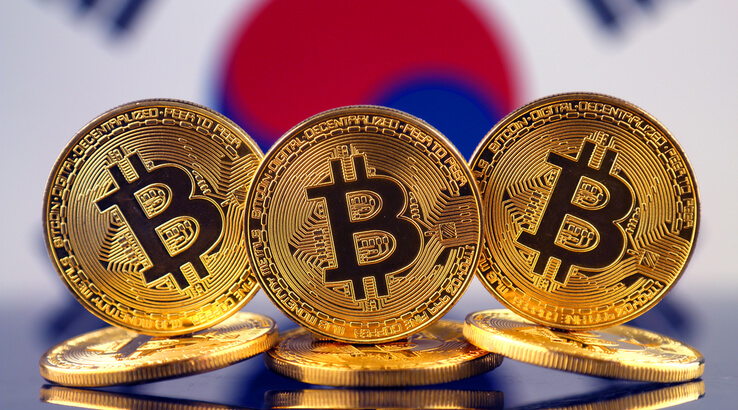
Seoul prosecutors carried out a three-day raid to the offices of three cryptocurrency exchanges on suspicious that their personnel had embezzled customer funds.
According to a report by Digital Chosun, the prosecutors suspect that executives and staff withdrew money from customers’ accounts to the own and then used the funds to buy cryptocurrencies on other exchanges.
“The firms turned up on our radar in January during our investigation of suspicious money transfers between bitcoin exchanges that were detected during an audit by the Financial Services Commission and the Korea Financial Intelligence Unit,” a prosecutor said, quoted by the media outlet.
The January government investigation revealed that a portion of customers’ funds were transferred to private bank accounts belonging to top managers at the exchanges, according to a separate report by the Wall Street Journal.
During the raid, the prosecutors confiscated computer hard disks, money transfer receipts, mobile phones and accounting files, the case’s head prosecutor Jeong Dae-jeong said on Friday.
“It’s unclear yet whether the transactions can be seen as embezzlement,” Jeong said, quoted by the Wall Street Journal. He didn’t specify which exchanges were under investigation but did mention that one of them was located in the Seoul neighborhood of Yeouido where Coinone, one of the country’s largest exchanges, is based.
The authorities will also look into the suspicion that the exchanges raised money by cheating potential investors, reports Digital Chosun.
The news comes at a time when regulators in South Korea are increasing their efforts to tighten regulations.
South Korea, one of the world’s largest market for cryptocurrency trading, banned ICO in September 2017 over fear of money laundering and tax evasion. Reports from last month suggests that some US$600 million worth of cryptocurrencies had been illegally exchanged in South Korea.
The country is now reportedly considering a framework which would allow domestic companies to raise funds on the crypto-markets, according to the Korea Times.

